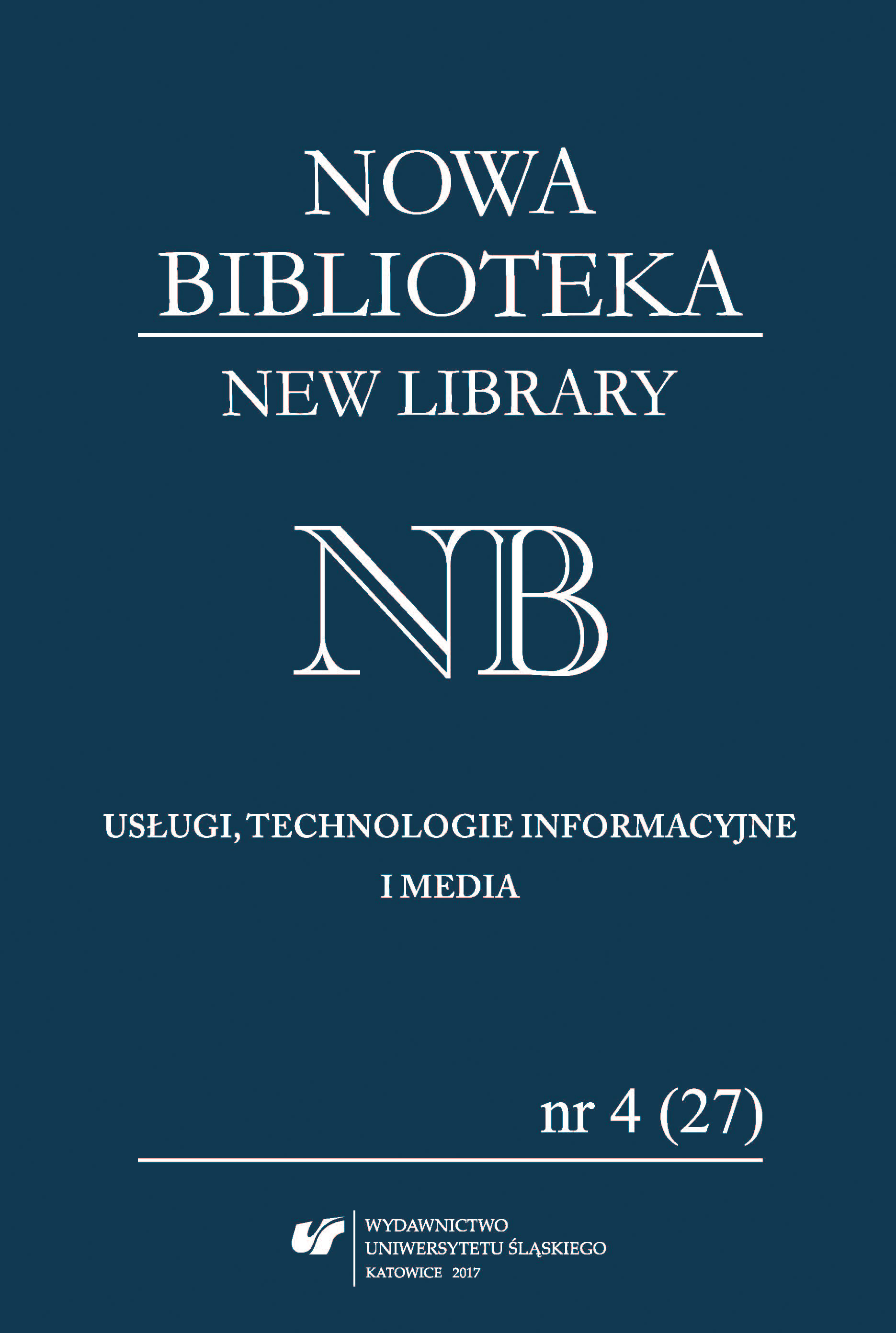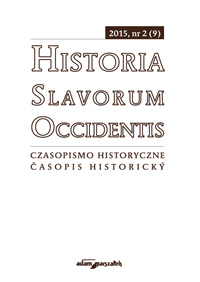
We kindly inform you that, as long as the subject affiliation of our 300.000+ articles is in progress, you might get unsufficient or no results on your third level or second level search. In this case, please broaden your search criteria.

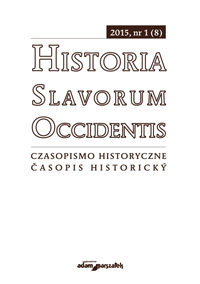
The intensity of scientific contacts between the countries is evidenced, inter alia, in the make-up of the foreign members of the academy of sciences of a given country. In the case of the Academy of Learning in Kraków, later the Polish Academy of Learning (PAU) and the Czech Academy of Sciences and Arts (ČAVU), the relations have been thoroughly investigated by a Czech historian M. Ďurčanský. As regards the relationships in the field of medicine, a mutual membership of a group of foreign members of PAU and ČAVU was uncommon, a notable example being Rudolf Kimla, the professor of the Faculty of Medicine at Charles University in Prague. Kimla was renowned for his work for the development of cooperation within the Slavic medical milieu, which was fostered by Slavic doctor conventions. Kimla’s appointment as a foreign member of PAU (1935) followed his participation in a congress of Slavic doctors held in Poznań in 1933.
More...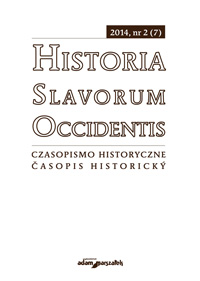
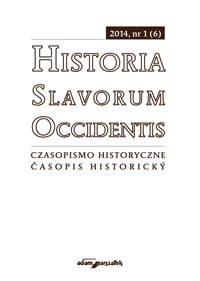
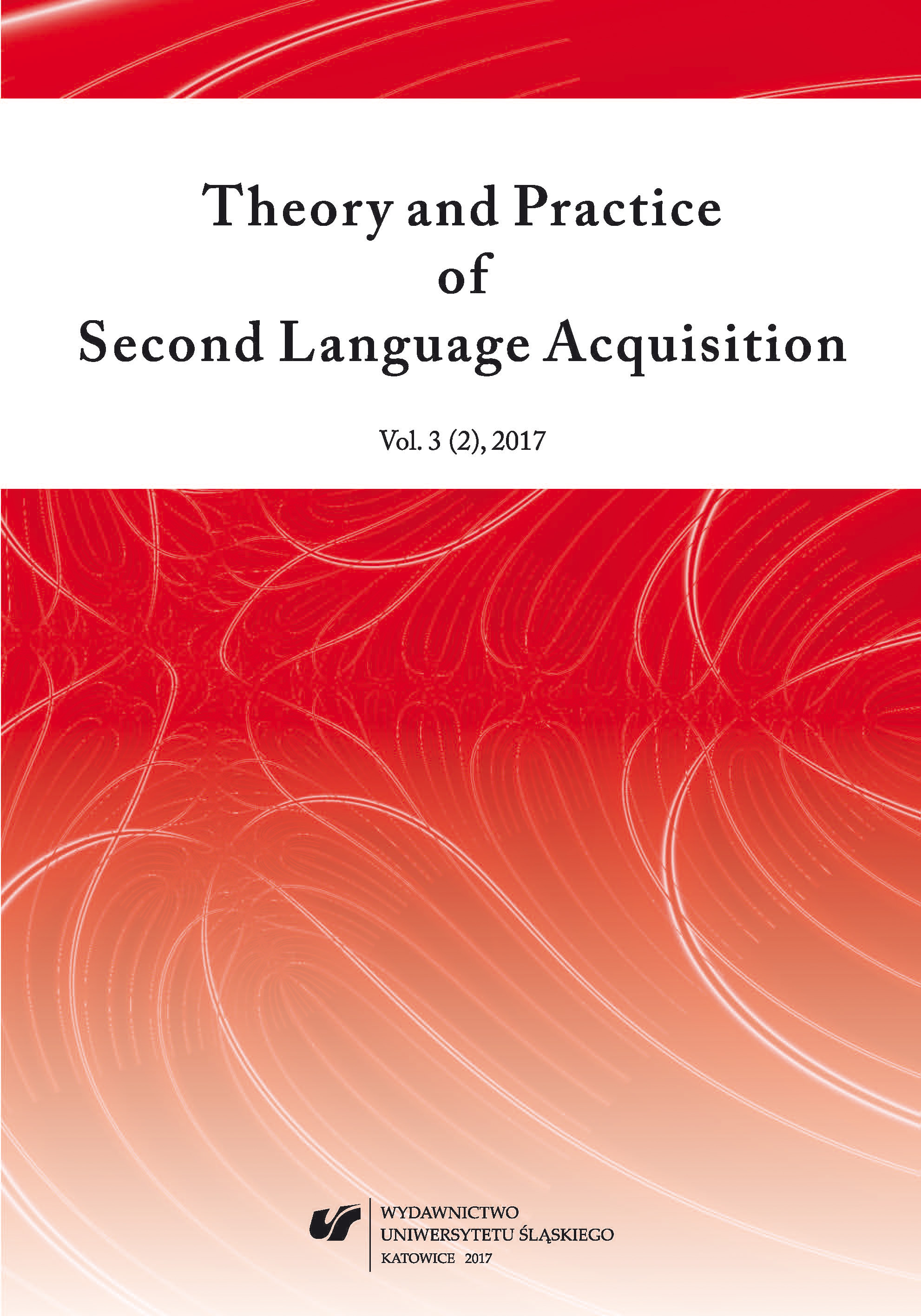

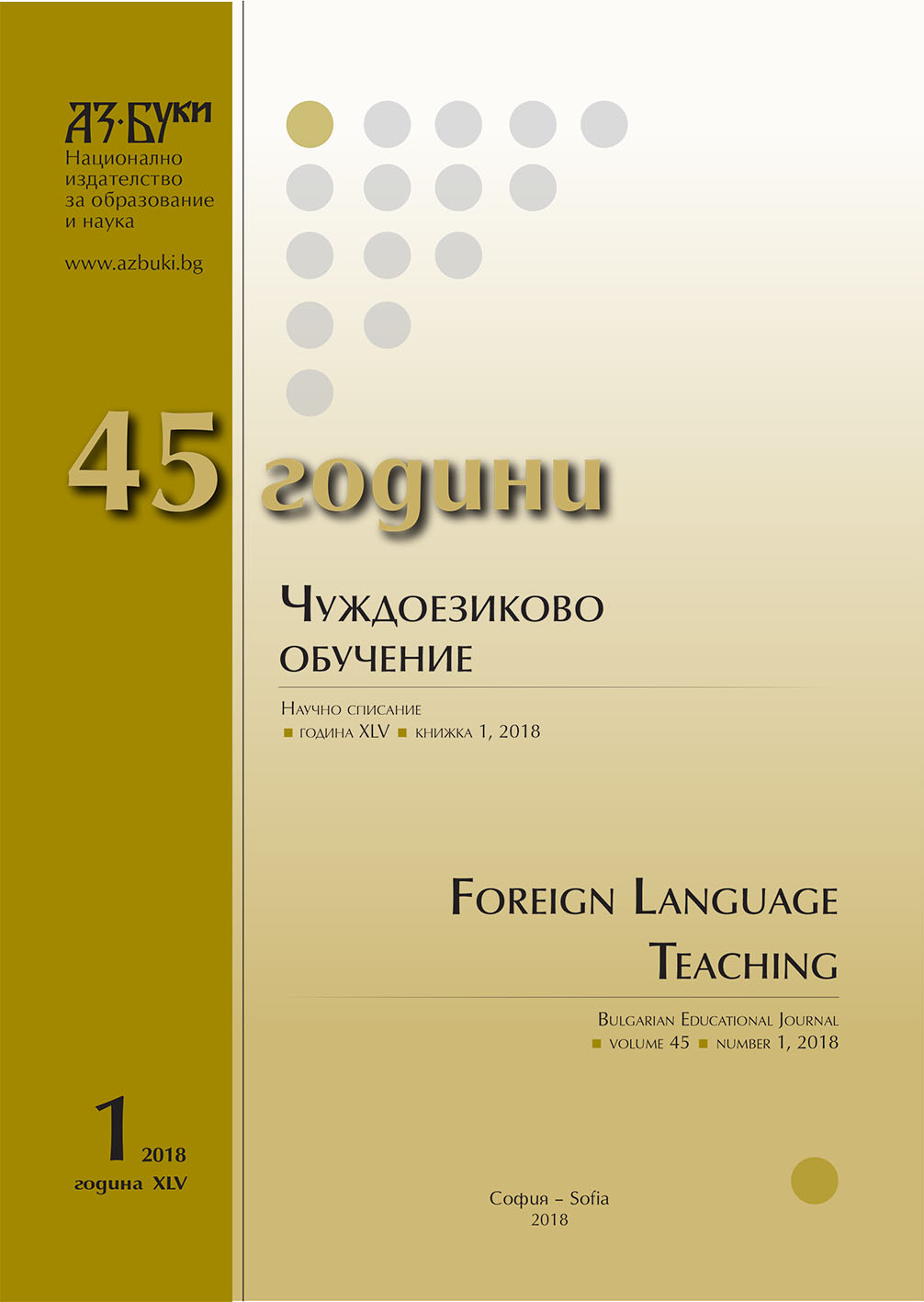
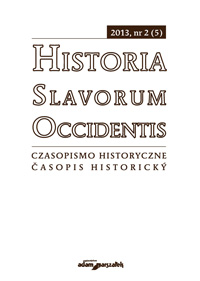

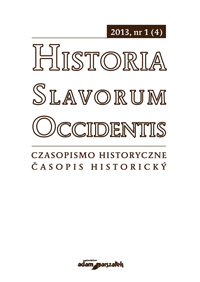

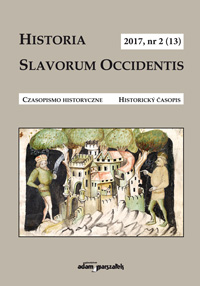
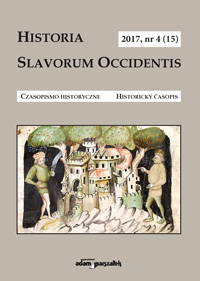
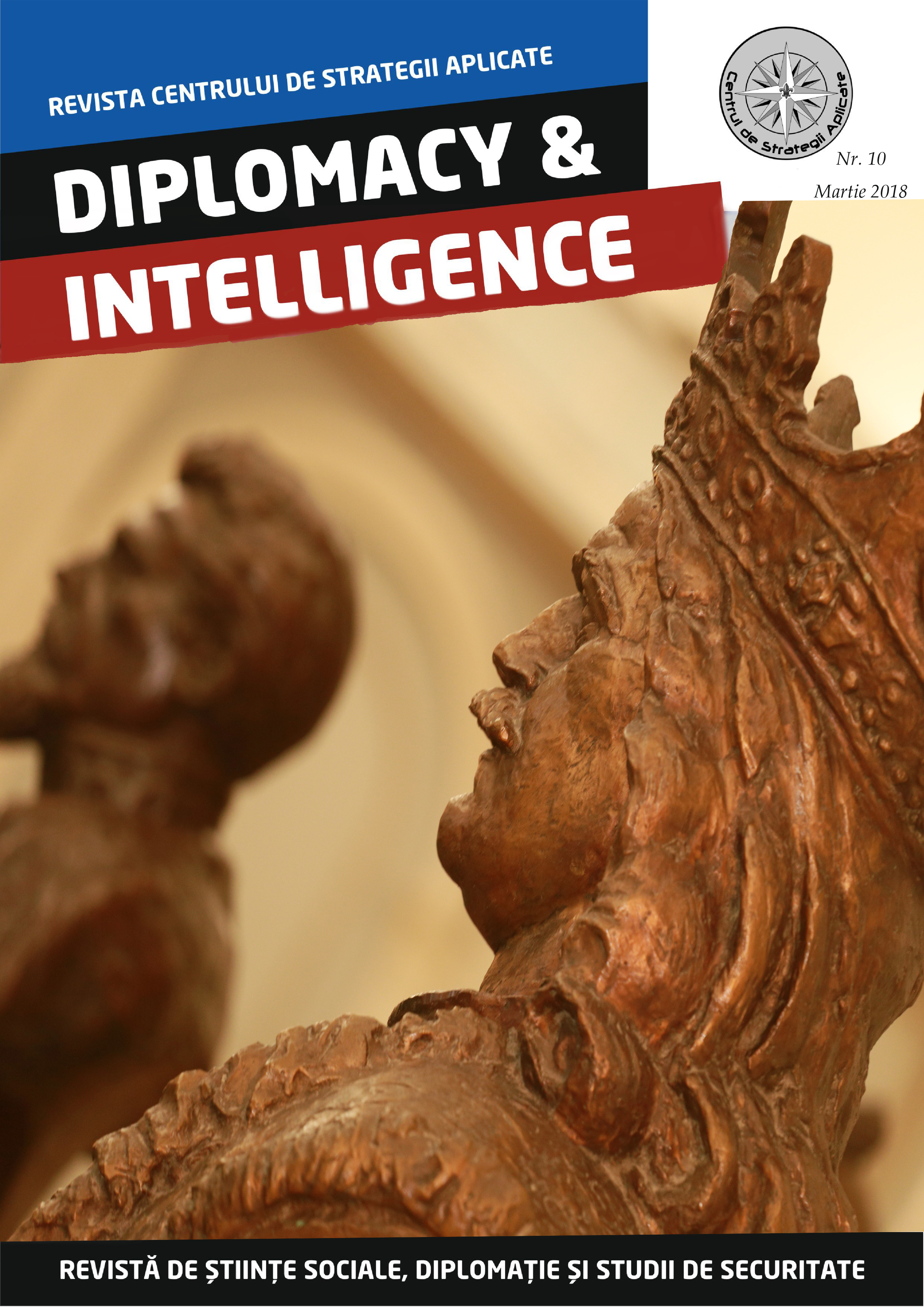
Our present history is characterized by complexity and dynamics. The phenomenon that creates our theoretical and empirical daily environment is globalization. To understand the relation between identity and globalization it is necessary to place ourselves in the hermeneutical site of culture. And this for two reasons. On the one hand, culture is directly affected by globalization and, on the other hand, it is culture that gives people’s community self‐identity.In this study, we try a conceptual clarification of the two terms and we will follow the relationships between them. In general, globalization as a process of civilization, with its basic components ‐ technology, information and interconnections of all social areas ‐ is considered a real danger of the cultural identity of the human community. Starting from the hermeneutics of Arnold Toynbee’s history, we try to identify answers to the challenge of globalization, responses whose comprehension and assumption affect the salvation of the human in us and the identity of our community to which we belong.
More...
This article is an invitation to debate on an actually and very important theme with influence in social, psychological and religious field, we are talking about the effect in human relationship of internet in general and the effect of social network, in special. Facebook is a very useful network, if we see it like a communication facilitator between people, without discrimination regarding nationality, religion, sex, opinion, age or territory, being a part of the ,,big plan” of globalization. Beside of these advantages, we can identify a lot of desadvantages, which are reflecting in the human relationships: the invasion of virtual in the reality and the confusion between them, virtual addiction, people are neglecting the real relationships and the face to face communication. This confusion between real and virtual is historical, like we saw in the iconoclastic controversy.
More...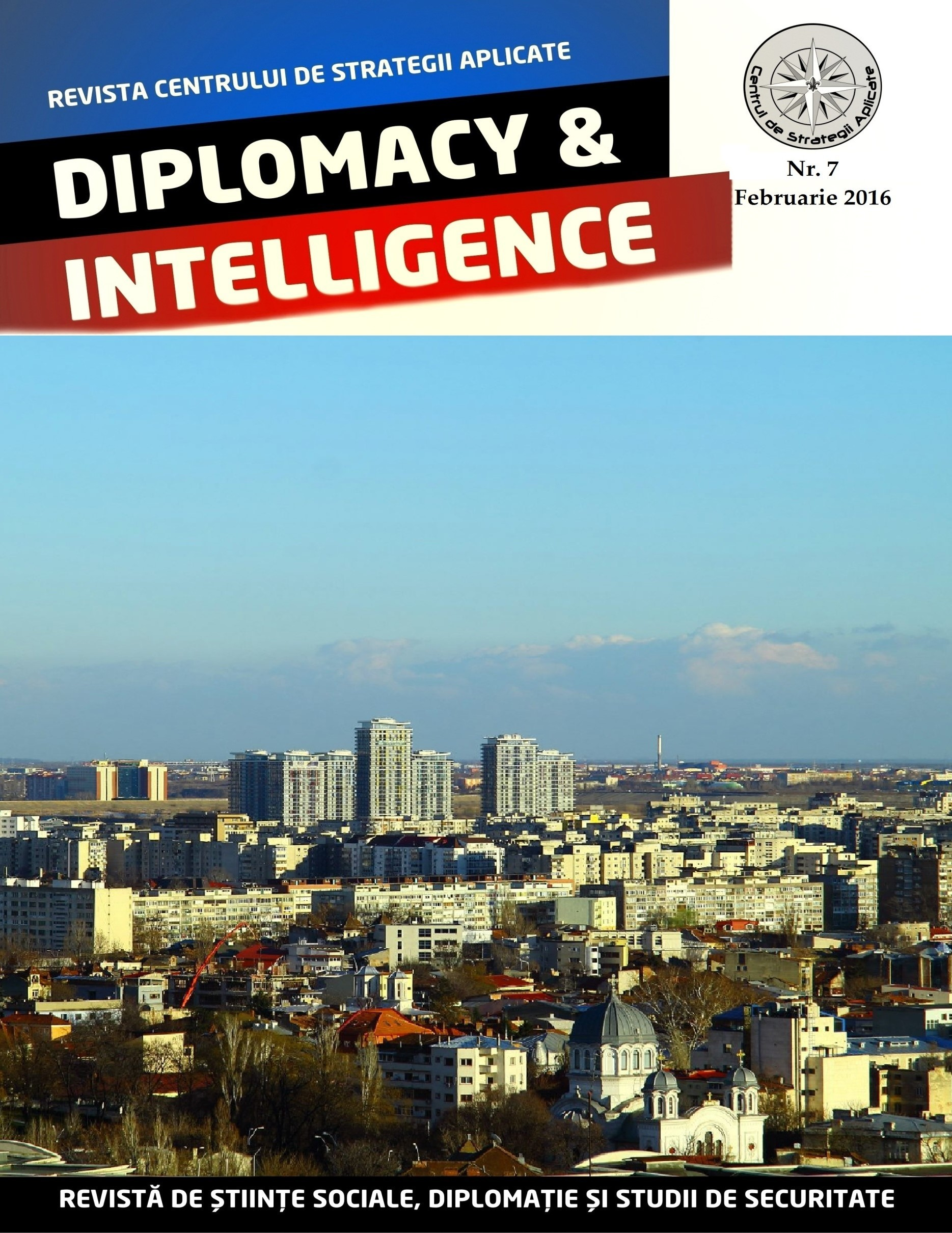
This paper presents the Romanian protochronism between the years 1965- 1989. By analyzing the social, political and economical context and through several relevant articles, I have traced the implications it had on the society at large. I concluded that the Romanian protochronism is in and out of itself an exaggeration, and an attempt at Romanian exceptionalism, in which the personality cult of the infamous Ceausecu family was demanded, and at times enforced.
More...